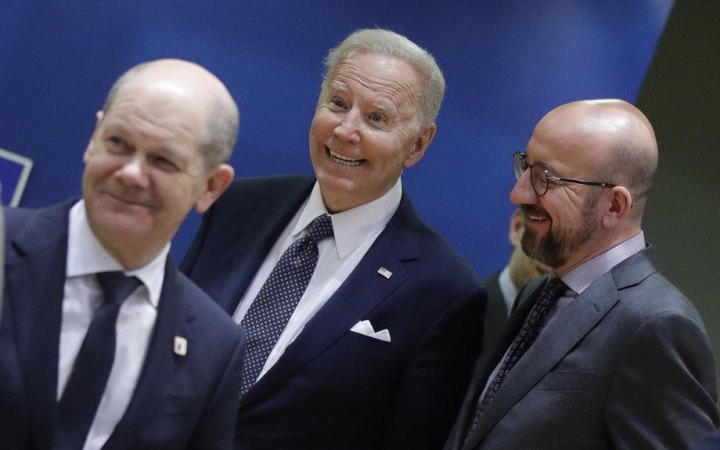Germany plans to suspend russian oil imports by the end of this year, even if the European Union fails to impose an oil embargo on the sixth sanctions package, - reported by Bloomberg with reference to unnamed high-ranking German officials.
Berlin is continuing its efforts to conclude agreements with alternative oil suppliers. The government is confident that they will be able to solve logistics problems within six to seven months.
EU diplomats are proposing to postpone the phasing out of the embargo due to Hungary's disagreement, which says it would cause too much damage to the country’s economy.
According to the Ministry of Economy, russia's share of oil consumption in Germany has already fallen from 35% to 12% after a full-scale invasion of Ukraine.
Last week, Foreign Minister of Ukraine Dmytro Kuleba said the sixth sanctions package had not yet been approved solely because of Hungary's position. The minister said that the lack of a solution found in the coming days would mean that Hungary's intransigence would play into russia's hands in its efforts to preserve the EU's oil market.
The package was presented on May 4, after which the countries began consultations on the proposed restrictions. Sanctions should be considered by EU Member States first at the level of the EU Permanent Representatives Committee and then formally approved by the EU Council. The European Council must either accept the European Commission's sanctions proposal or amend it.
The implementation of sanctions at EU level requires the consent of all 27 member states. In addition to the embargo, the sixth package should also include restrictive measures against Sberbank and two other financial institutions [disconnection from SWIFT] and a ban on the provision of consulting services to russian companies.
According to the European plan, the embargo should work on crude oil for the next six months, and on refined oil - by January 2023. Hungary and Slovakia are invited to join later, by the end of 2024, and the Czech Republic - by June 2024. These countries are most dependent on russian oil.
Hungary has recently changed its rhetoric on the embargo to tougher one and said it would not block the adoption of a sanctions package only if its pipelines are allowed to continue imports. Thus, the ban will apply only to the transportation of the product by ships.
Hungarian Prime Minister Viktor Orbán insists that any ban on oil should be discussed by EU leaders at the summit. However, the next such event is scheduled only for the end of May. Hungary also proposes that the import ban apply only to shipping, not oil pipelines.
Some European Union countries find it necessary to consider postponing the ban on russian oil imports in order to implement the rest of the sixth sanctions package. However, other diplomats believe such a decision would be a sign of weakness.








